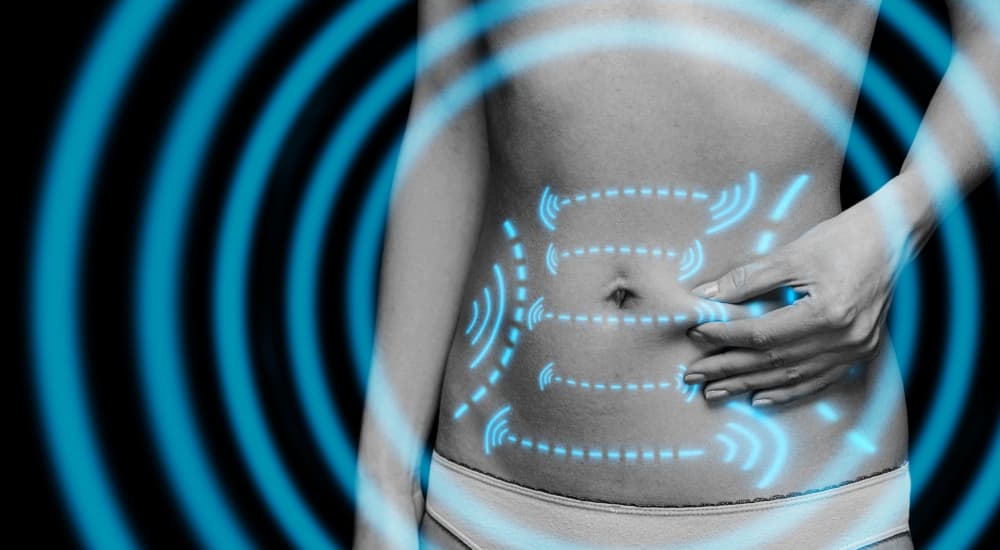I think most of us can agree that any successful diet, regardless of the approach, is based around whole foods, not some fancy ‘detox’ diet, that requires fancy pills and 3 shakes a day.
Someone wants to start making healthier choices in their diet, so they go for natural, whole food, healthy approach. They ditch the cereal and replace it with poached eggs & avocado for breakfast, switch the Mars bar for nuts & dried fruit for a snack, have chicken salads for lunch, all-natural health bars for a mid-afternoon snack, and a gluten-free spag bol for dinner with some dark chocolate for dessert.
This may get them some results for a period of time—after all, they are potentially eating ‘better’ foods than before—but this is not really down to the food choices. More likely, they are simply consuming fewer calories than before.
After a period of time, they find that their body isn’t changing; they may even be gaining weight. How is this possible? They are left thinking, “This doesn’t make sense! I’m eating really good, all natural, foods and my body isn’t changing. What’s going on? ”
I May Have The Answer
Below are a list of some ‘healthy’ foods. They, and other foods like them, could be the reason you are not getting what you want from your diet.
- Avocado
- Dried fruit
- Nuts
- Extra virgin olive oil / Coconut oil
- Dark chocolate
- Hummus
- Gluten-free anything
- Salads covered in dressing
- Flapjacks
- Granola
Some of these foods have many benefits for your body due to the nutrients and minerals they contain, and certainly have a place in a healthy diet. But they could also be the reason that you are not losing fat.
While you may be making a big improvement in ‘better’ food choices than in your previous nutrition regime, you could actually be consuming more calories than previously.
All of the foods in this list have a very high calorie content, and can easily push you over your optimum input for the day without you even realising it. The labels that cafes and supermarkets put on them can be misleading, with a recommended serving size so small that at a quick glance they seem like a good choice.
Let’s use almonds as an example.
Almonds are a ‘natural’ food that contain protein, carbs and fats. They also include sources of vitamin E, iron, calcium, magnesium, niacin and zinc.
Nutritional values per 100g:
- Calories – 425
- Protein – 15g
- Carbohydrate – 15g
- Fat – 37.5g
- Fibre – 10g
A packet (42g serving) of almonds from Pret-a-Manger:
- Calories – 242
- Protein – 9g
- Carbohydrate – 9g
- Fat – 21g
- Fibre – 5g
You can see here that one small packet of almonds may account for over a quarter of your optimum intake of fat for the whole day. Are you starting to see how easy it is to overeat on ‘healthy’ foods?
Let’s continue using Pret as an example to further prove this point. I like Pret as an on-the-go food option; the food tastes nice and they have a good variety of choices.
An individual decides to go into Pret for their lunch. They pick up a chef’s Italian chicken salad (385kcal) w/ optional dressing (the dressing is an extra 232kcal) a banana (62kcal), a pack of almonds (242kcal) and a latte (188kcal).
We now have a meal that totals 1,109 calories!
Using a basic formula for an 80kg male that wants to lose fat:
Bodyweight in lbs. x 12 = 2,112.
This single lunchtime meal, that seems a pretty healthy choice is over 50% of his overall calorie target for the day.
➼ Is it just the almonds that contribute to this? No.
➼ Is it just the salad dressing? No.
➼ Is it just the latte? No.
It’s a combination of all the elements.
Becoming aware of how easy it is to over-consume calories even when you are making ‘better’ food choices will give you a better chance of getting where you want to be.
Even if you stick to 100% ‘healthy foods’ (what is healthy?), too much is still too much. You can’t defy the laws of energy balance.
Not everybody wants to track calories, I understand that. For those who are not interested in tracking calories, I would advise that you start being aware of what foods contain. Read labels, understand serving sizes and take the time to think about the choices you are making.
None of the foods listed above are bad, just be more aware of what exactly you are putting in your mouth.
We help our members with a nutritional programme that works for them, if you’re struggling, give us a shout at our gyms in West London or try out our personal training and we’ll help you work out a plan that suits you.
Related Articles
- Eating Clean Does Not Equal Eating Right
- Eating Before a Workout
- Mindful Eating
- Fat Loss – The Most Important Factor
- Working Out, Eating Well But not Losing Weight?

